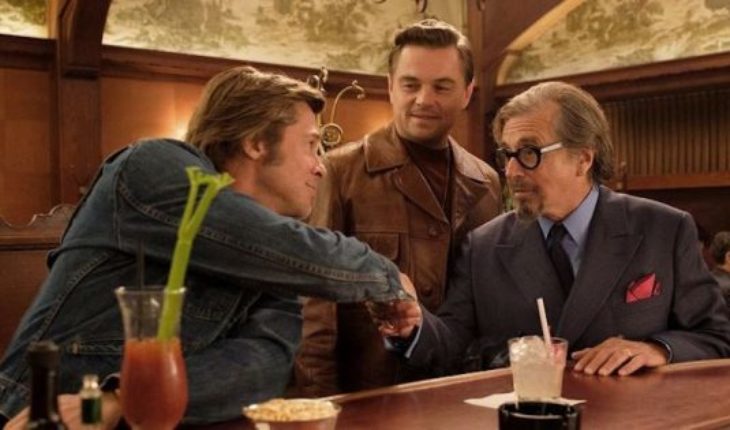American director Quentin Tarantino’s cinema has been in a process of slow decline for a decade. Your last installment, Once upon a time in Hollywood, could be read as a definitive officialization of that failure if it did not contain so many promising elements.
True to his style, Tarantino is guided by his cinéphylo sensibility rather than by characters or thought. In recent years he has reveled in combining on-screen genres that have apparently little in common.
In Django triggered, were westerns and blaxploitation films. In Bastards without glory, combined American action-war films old-fashioned type The Great Escape and the most modern, such as Born to kill, with films dubbed “eurowar”, Italian action films of the sixties and seventies.
A certain pattern can be observed. Tarantino is inclined to take a niche and old-fashioned genre, usually associated with low-prestige cinema, and update it for a modern palate. This time, the director’s inexhaustible nostalgia is directed toward the 1950s old West television series.
Rick Dalton is the protagonist who has come to less than one of these once successful series that is looking for a new path for his career on the hinge between the sixties and seventies. Hollywood is changing; Dalton is old, alcoholic and finished.
Dalton and his friend Cliff, their stunt double, are or pretend to be old-fashioned tough males and look approvingly at the hippies who settle more and more brazenly through the city of Los Angeles. Dalton now has to play bad roles in newer and more violent series; although at first it costs him, he finds in those papers a vanishing point for his frustration.
There resides some of the most electric points of the film, with Tarantino making us enter and exit western fiction, passing through the set and the dressing room, until we no longer know who is who: only the pleasure of Leonardo’s gymnastic performance Dicaprio.
The film is engolosina reconstructing every detail of the sixties, from suitcases (with checkered patterns), copetes (a bloody mary with a huge celery stalking sticking out of the glass), cars, hairstyles, accents, billboards and spots Radial.
In the midst of that marasm of detail, Dalton slowly drives through the different streets of Hollywood, as if Tarantino wanted to clarify that the protagonist of the film is actually that prodigious place that for those years was already dying, or was about to become something else.
And, perhaps for the same reason, the film has a strange effect: when I’ve discussed it with people whose youth they were in their sixties and they knew the appeal of that Hollywood in the distance, their impression of the film tends to be rather positive.
To me, on the other hand, more than anything generated indifference. Despite their (as always) very high bill level, I found neither the characters nor the time nor many of the jokes charming, which first of all are based on one being familiar with the characters, movies and stars to which they refer. And moreover, let him feel nostalgic for those cultural objects. The film, moreover, doesn’t convince much that this is a time worthy of our nostalgia.
It’s best not to talk much about the director’s attempt to connect the fates of these watery cowboys with a gruesome murder that took place over the years. In this, as in all overtly violent matters, Tarantino shows a infantilism that in this case becomes impressive.
A young, electric director looking to provoke his audience can be charming. When it comes to a gentleman of almost sixty who refuses to let go of the interesting and youthful aura who gave him his mobster movies, the result is sadder than anything else.
The content poured into this opinion column is the sole responsibility of its author, and does not necessarily reflect the editorial line or position of El Mostrador.


![translated from Spanish: [VIDEO] Bolivian Armed Forces in the face of protests: “We will never face the people” translated from Spanish: [VIDEO] Bolivian Armed Forces in the face of protests: “We will never face the people”](https://ananoticias.com/wp-content/uploads/2019/11/translated-from-Spanish-VIDEO-Bolivian-Armed-Forces-in-the-face-370x215.jpg)


